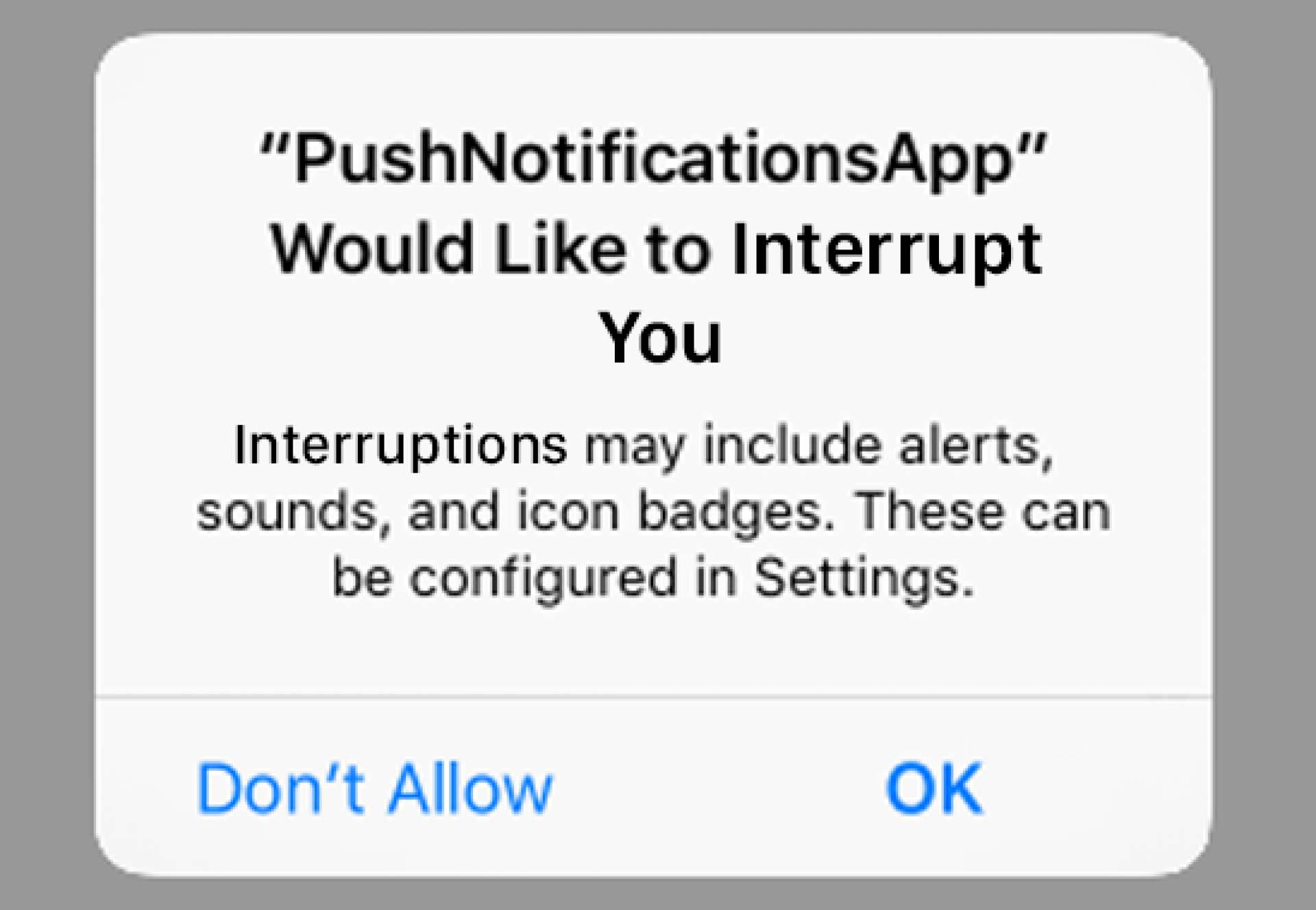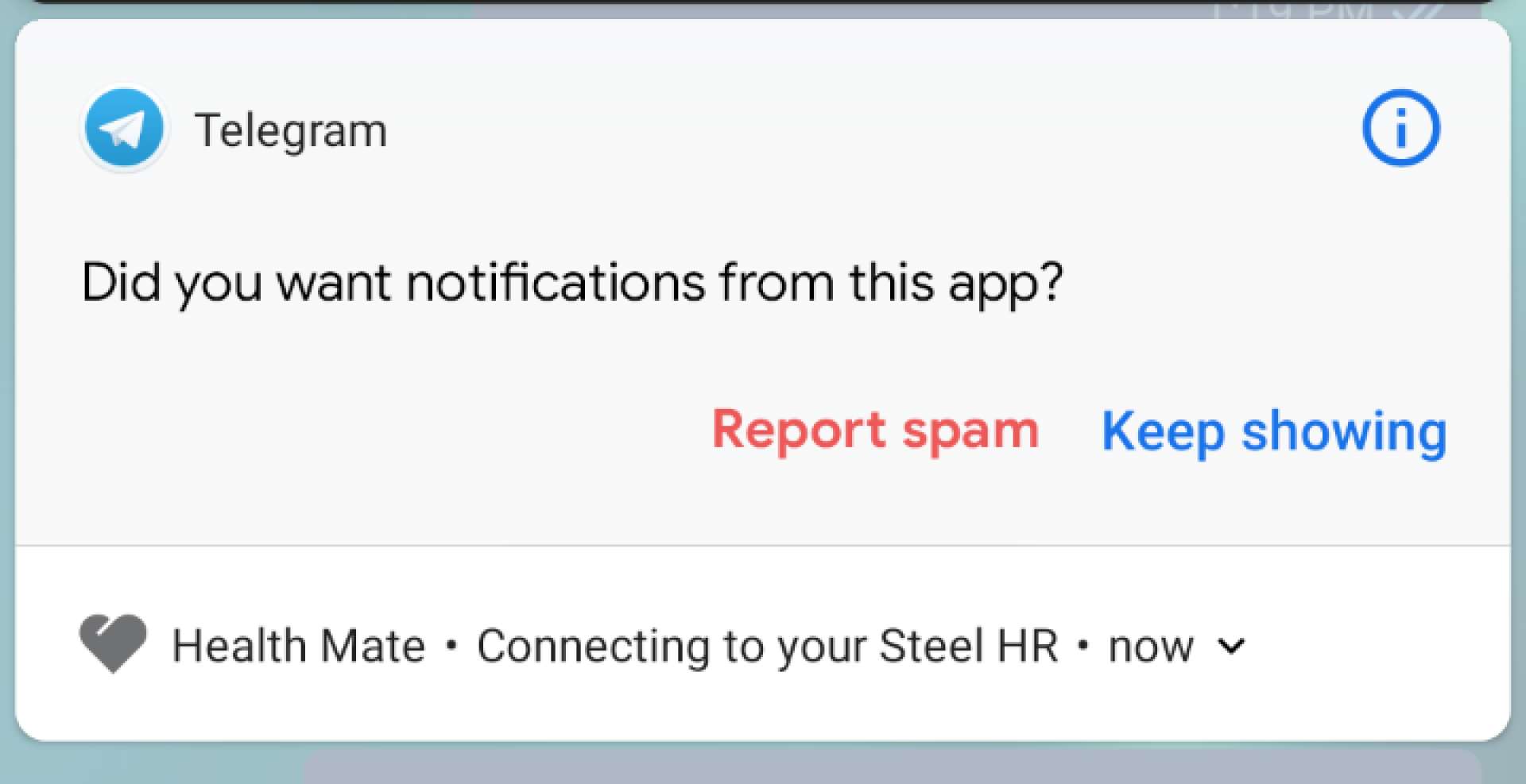Bleep. Bloop. Buzz. It feels like notifications are inescapable, constant, and growing in number every day, no matter what we do about them.
We're all spending hours of our day staring into our phones, because they're designed to pull us in: a dopamine hit released when your phone buzzes is all it takes.
Despite the research suggesting that notifications, and the resulting overuse of smartphones are causing serious mental health issues globally, but little is being done about it. There's been no meaningful change to notifications in ten years, and technology companies aren't being held liable.
Sure, Apple and Google both introduced 'digital wellbeing' tools to help us manage our smartphone overload, but they stop short: it's just a barrage of information, and the bare minimum tooling to manage it so they can wash their hands of the problem.
Millions of people around the world are struggling, and nothing's changing.
If the technology companies creating smartphones were serious about helping, they'd address one of the key problems head on, calling notifications what they really are: interruptions.
A name with more weight

If Apple and Google were to rename notifications to 'interruptions,' it might make us consider the weight of allowing them before switching them on. A notification sounds useful, but an interruption sounds unwanted, or less welcome. It would stop to make us pause, and consider, at least.
It seems trivial, but I think switching the mental model would make it easier for consumers to understand what a notification does to their attention span: it saps it away in tiny pieces, and the blast radius of being distracted by a notification is so much longer than the five seconds it takes to look at your screen.
We should present notifications for what they are, and technology companies should be liable for taking control of what that means for their ecosystems, rather than simply allowing apps to ask for blanket approval and get it forever.
They're interruptions, through and through, so should be called as such as a first step toward making things better.
Giving notifications a price
Once an app gets approval for notifications—which it usually demands before you can even sign into whatever service it is—the company can essentially do what it likes forever, with no repercussions unless it's caught really abusing them.
How many times have you downloaded a simple game or mapping app, only to be harassed every few hours about deals, offers, or even just opening the app again? These tiny pieces of distraction should come with a cost to the app developer that makes them think: is it worth sending this?
There's a few ways this could be implemented: Apple and Google could attach a virtual cost to sending a notification.
Each app could receive an allocation of notifications—interruption tokens—to use per user, per week, and force them to categorize notifications as they're being sent. If they drain their allocation, they're required to ask for more interruption time, and explain why it's important that another one is sent.
Or, perhaps notifications could receive an anonymous, optional rating from users, like rating an Uber driver once you've jumped out of the car. Get a low enough score from your users? You can't send notifications for a while. Continue to get a really low score? Well, you've lost your privileges, sorry.
Assigning a cost, or consequence, to abusive notification users would help the companies building them evaluate whether or not it's worth actually sending them in the first place. There would be less begging from Facebook to fire up Instagram, and fewer companies harassing us to open our wallets until we turn them off.
Today, it's on the user to be in control of this. It's all or nothing, and it's your own problem. Technology companies should be held responsible for the notifications being sent in their ecosystem, and not able to leave developers to decide for themselves.
Better tools for users

Digital wellbeing was a good idea, but with few teeth: it helps you see that your attention is fragmented into millions of pieces, but it doesn't exactly proactively help with it. More aggressive tooling around distracting notifications would allow consumers to drive change at the developer level.
A good start would be a simple system to flag notifications as harassment or spam. As it stands today, there's no way to notify Google or Apple that notifications are annoying or useless. The only way out of an app's annoying notifications is turning them off, but that doesn't stop them spamming other users.
Our email inboxes offer spam boxes, why aren't mobile operating systems doing the same? A long press on a notification should allow the user to report it as spam and block the category forever, which feeds up the chain and forces the company running the store to do something about it.
Twitter has tools to report users for harassment, but why can't we report apps for harassment? Instagram is a great example of an app that abuses notification permission to grow engagement: look at this post of a puppy! Your friends are waiting for you! Come back and see what's new!
Each of these should have a way for users to express their frustration (or if they actually like them) so they can affect change in the wider ecosystem, rather than simply get away with stealing attention endlessly.
Evolving existing tools would help, too. I'd love to see tools like 'do not disturb' pushed forward with new ideas, like allowing the user to set their devices into 'focus mode' for a set period of time.
Block all alerts, and bundle them up into an overview of what was missed once the time is over, so they aren't overwhelming once you're ready to come out of focus time. That way, there's a period of zen, but not a blanket notification block, which would help when you need that extra burst of disruption-free time.
Regulation
Of course, there's no motivation for these giants to do any of these things: more notifications means more engaged users, and more money for the company providing the app store! It's in their interest to keep us coming back, because it earns money.
Perhaps, then, the creators of the phone operating systems themselves should be externally motivated to do better.
I'm not entirely sure how this would work, but I'm starting to believe that notifications require oversight from a government body or third-party, which could take complaints from users of apps or operating systems, and perform random checks.
Sequential Stress™ pic.twitter.com/BijMKVR49O
— Michael Knepprath (@mknepprath) August 2, 2018
If an operating systems vendor is caught to be lazily managing its notification ecosystem, it should be held liable and forced to more proactively take care of the people on the other end.
It wouldn't be easy, but as it stands today there's zero reason Google or Apple want to fix notifications. Without the mysterious black box that they are today, I think we'd see how much they're hurting society, and opening that up would reveal how truly disruptive they are.
The only way to fix this is to hold them liable, and ask for more information on a regular basis: how many notifications are users receiving? What apps are sending them the most? How can users contact you if an app is abusing notifications?
Notifications are broken
We've had smartphones for ten years, but since they launched we've seen little in the way of meaningful improvements to managing them. Even in newer products, like Apple Watch, they've simply been allowed to thrive, and start buzzing on our bodies as well, with little consideration for what that means.
It's time notifications became something that has a cost, and end the sea of red dots.
I want better ways for consumers to have their say directly to these big corporations, and tools for holding the developers that build abusive notifications accountable: we don't want to be sucked endlessly into our phones, and we need a better way to take control of that.
Some people reading this will probably think 'sure, just disable them,' but it's just not good enough. Notifications are creeping into every crevice of society's attention, and we have to claw it back somehow.
Regulation, tooling, and calling them by what they are would help: distractions. Some notifications are useful, but others are not, and we need better ways to deal with that, or we're going to regret it in the long run.

